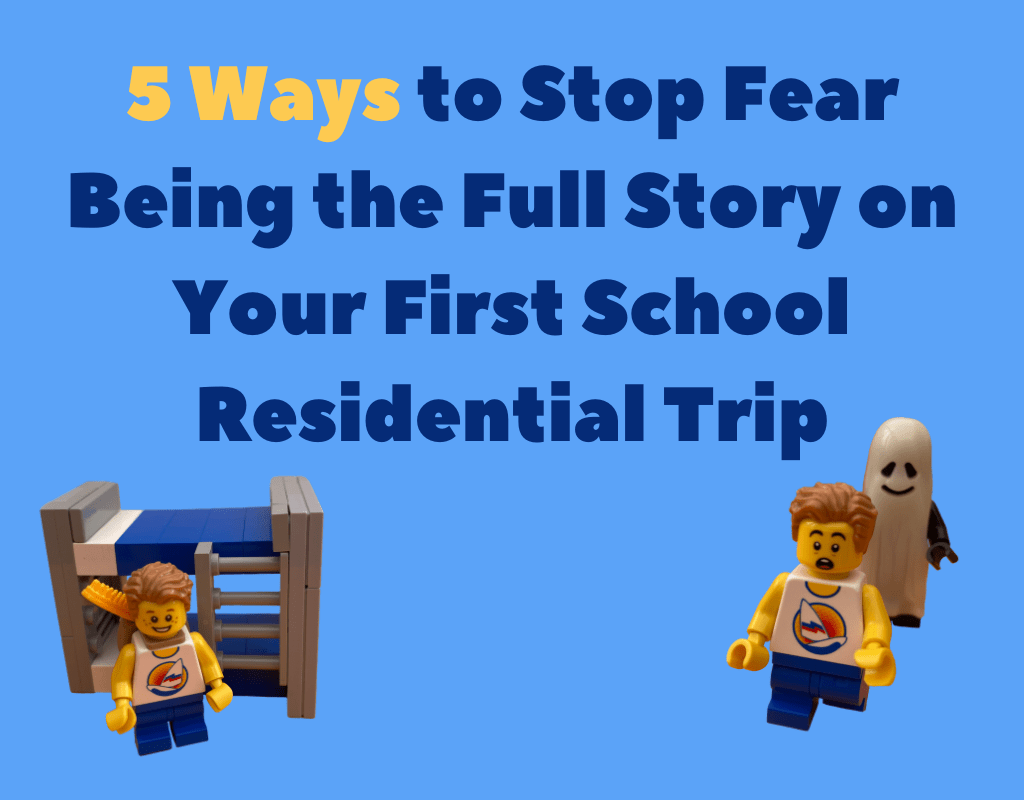Going away on a first school residential trip is a milestone for both parent and child. Fear and anxiety builds on both sides but often about different things. A child’s first night away from home can be daunting and stressful for those on the trip but also those left behind. Yet with a few simple conversations, you can reduce the fear and find the excitement and anticipation again.
Click here to read our story about Tomos’ first school residential trip.
First School Residential Trip: Fear is Not the Full Story
1. Whose Fear is whose?
The first thing to recognise is your own fears and anxieties about your child going away on their first school residential trip. As a parent your fears about your child spending a night away from home are probably going to be a lot different to your child’s. And it may not be helpful to impose them onto your child or assume that they are worried about the same things.
Take a moment to analyse your own feelings. Are you worried about them getting hurt? Getting separated from the group? Being bullied or the subject of a prank? Not eating enough? What do they need to take? Medication or allergy concerns?
It’s helpful to separate out our own worries and anxieties and then choosing the appropriate person to share them with. That might be your child’s teacher or the residential trip organiser. It may be your partner or a close friend. Or another parent whose child is also going on the trip. It may even be appropriate to share your concern with your child.
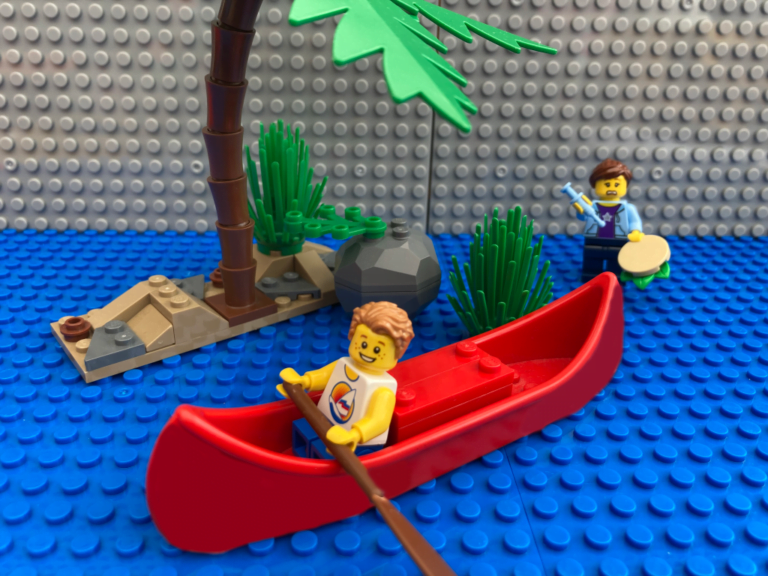
2. Children Have Different Fears!
Primary school residential trips usually happen at an age where most children are able to cope with a night or two away from home and family. But that doesn’t mean the thought of time away in an unfamiliar place won’t evoke a range of emotions.
Take the time to talk to your child about their feelings before they go. Don’t assume it will all be anxiety or be one hundred percent excitement. By the time your child reaches the tween years, emotions are becoming more complex and complicated. Talk about what they are excited about, and what they are nervous or anxious about.
Are they worried about what food they will have to eat? Whether they will be in a room with their friends? Where is the bathroom? Can I take a teddy? Ghosts? You will find their concerns will range from the ordinary to the ridiculous. Try not to ridicule or laugh as it will massively help your child to share their fears in a safe space.
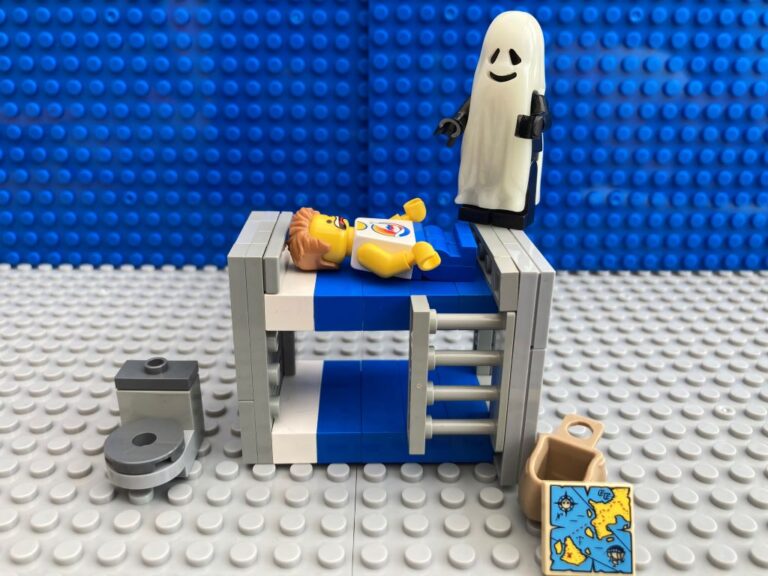
3. Helpful is not always helpful
As a parent you desperately want to help ease any uncomfortable feelings. You will find yourself trying to comfort them in the way that you find comforting yourself. But sometimes that isn’t the most helpful.
Our own example was telling our eldest that we would come and get him if he needed us, thinking that we were being reassuring. One day I asked him if that was helpful and to my shock, he said no. With some discussion, we discovered that the most helpful to him was to tell him he would be cope without us, that he would have a great time. Any thought of us needing to come and get him just made him doubt his ability to manage this first night away. And there I was thinking I was being really supportive.
So, don’t assume they will want to be comforted in the same way you do. This is a great time to learn more about your child’s more complex personality traits.
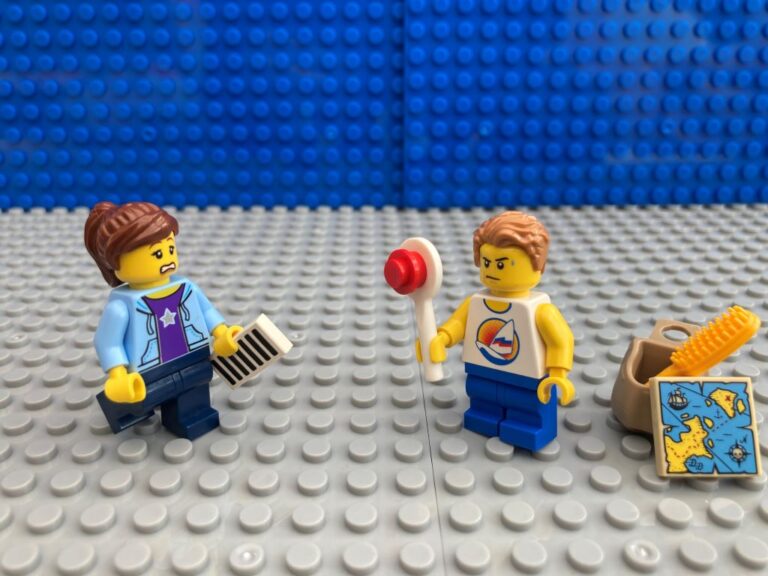
4. Reminders of Home
This is a tricky one. It can be hard to strike the balance between reassurance that you are still there thinking and worrying over them, and not trying to make them miss home unnecessarily. Be positive at drop off, remind them of all the things they are excited about, not focusing on the passage of time before you will see them again. It may be helpful to save the tears for home (if you can!)
Only do notes if you think or have asked your child if it would be helpful. Suddenly finding an unexpected letter in their bag or lunch box could trigger feelings that of homesickness that they wouldn’t have felt otherwise.
Hopefully the main memory of their first school residential trip will be how much they did and what they experienced without you, not how much they missed home.
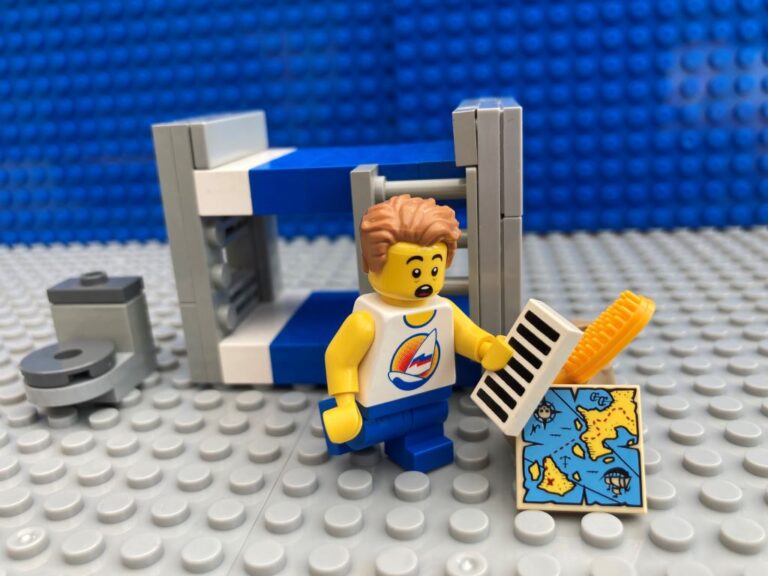
5. Share Your Story
Sharing your own memories of your first night away from home or your first school residential trip is also a great way to bond with your kids as they get older. As a milestone that the majority go through at a similar time in life, it’s fun to compare their experiences to yours. It’s also a good time to share fears and anxieties that you may have felt at the time and remember what’s it’s like to be going off on your first school residential trip.
DISCLAIMER: The Lego Group of Companies does not sponsor, authorise or endorse this site.

